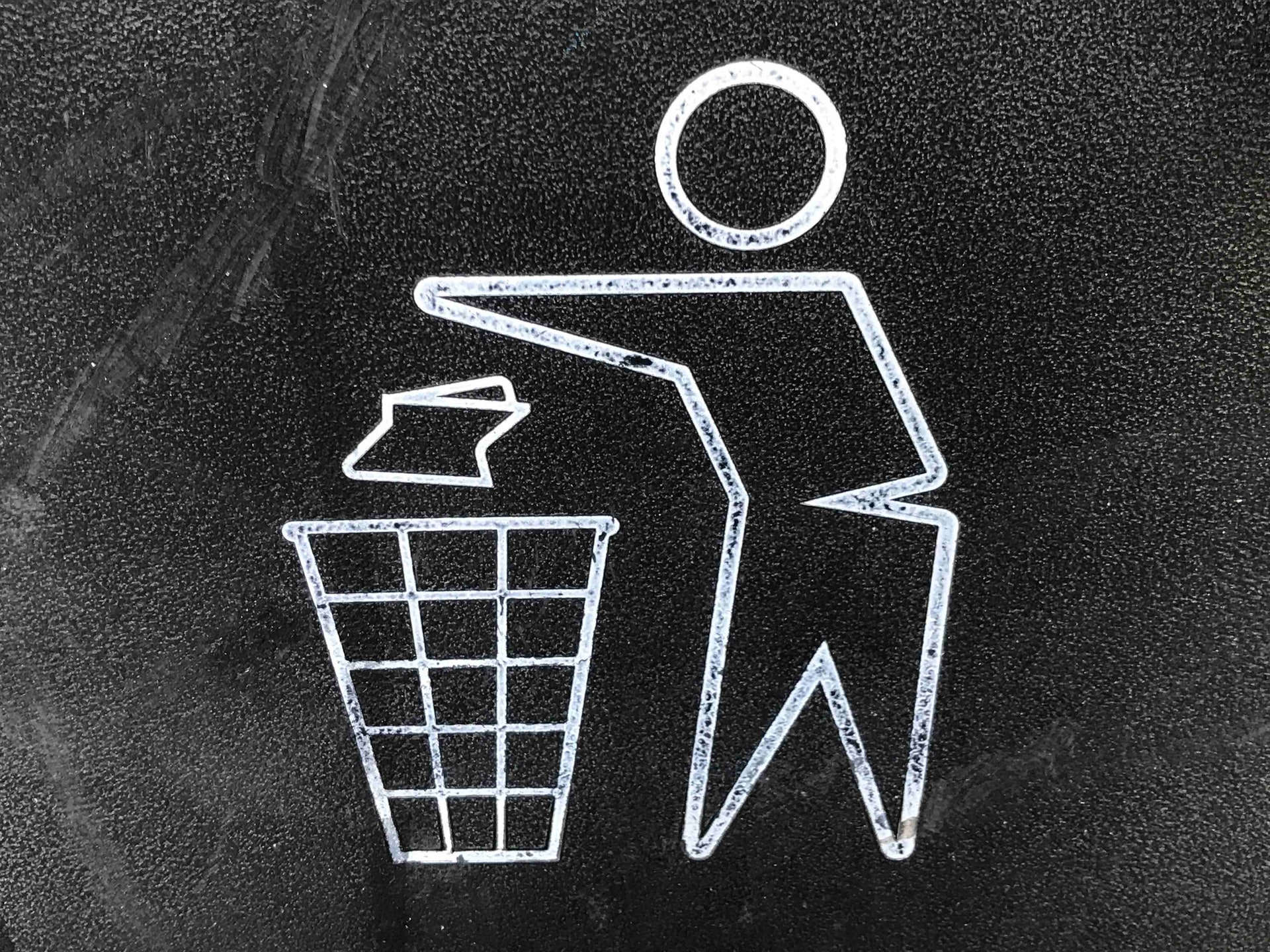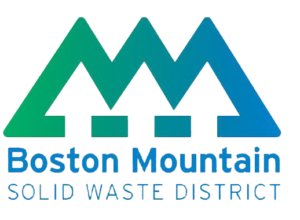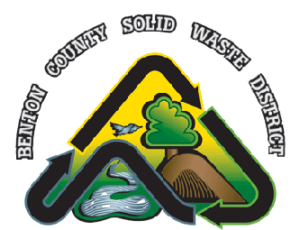It’s a common complaint with local recycling programs: Why won’t they take _____? Fill in the blank with plastic tubs, glass bottles or another item of your choice. It’s a reasonable and obvious concern. Packaging that’s not recycled or repurposed is packaging that’s wasted in a landfill. Why won’t they let me do something better with my trash?
What’s less obvious is the reasoning behind such rules — and the benefits. Local programs across the board accept metal cans, cardboard boxes and plastic bottles and jugs because those items have cleared several interlocking hurdles:
- A manufacturer or materials broker out there is capable of reusing the items and actually wants to do so.
- A business, community or government is capable of collecting and separating the items from the rest of the trash and, again, actually wants to.
- The buyer (often called the end market) and the collector can link up with each other for a transaction.
- The items can be clean and pure enough, and be collected at enough volume, to meet the end market’s needs.
- And all of this can be done within the budgets and resources available to everyone involved.
If any one of these factors isn’t true for a given item, it won’t be recycled. And there are so many potential reasons: A recycling service is too expensive for a small town, or a region isn’t big enough to have an economical amount of a material, or a material is too challenging because of its weight or its composition or a hundred other possible characteristics.
That’s how we’ve talked about what is and isn’t accepted before. Now it’s time for something a little different. Despite the drawback and frustration, a picky program can be a good thing. Here’s why.
1. It demonstrates that a program is trustworthy.
We’ve seen the headlines and the resulting loss of trust in recycling programs that fall short of their claims, landfilling some or all of what they collect despite saying otherwise. This isn’t true for all or most programs, but it has happened. A program’s pickiness is a good sign that it doesn’t have this problem. The program is fussy about what it receives because the materials have specific purposes and destinations .
2. It saves money.
Even the best recycling system wouldn’t pay for itself, but that doesn’t mean it always costs the same. By focusing on a narrower selection of materials that are the most feasible to collect, sell and reuse, both private and public recycling programs lower their costs and are more responsible with their money, which means lower bills for customers and taxpayers. Many recycling programs can take a wider variety of materials at their drop-off locations because it costs less than curbside pickup.
3. It can nudge people to think carefully about what they buy and throw away.
The frustration over what can be recycled comes from good intentions: I want to recycle this, but something is stopping me. Those good intentions can be redirected to the beginning of the recycling process: the purchase. Do I want to buy this item as much if I can’t recycle it? Are there more recyclable alternatives? With exceptionally high contamination rates in Northwest Arkansas’ recycling, thinking more carefully about waste could make a big difference.













